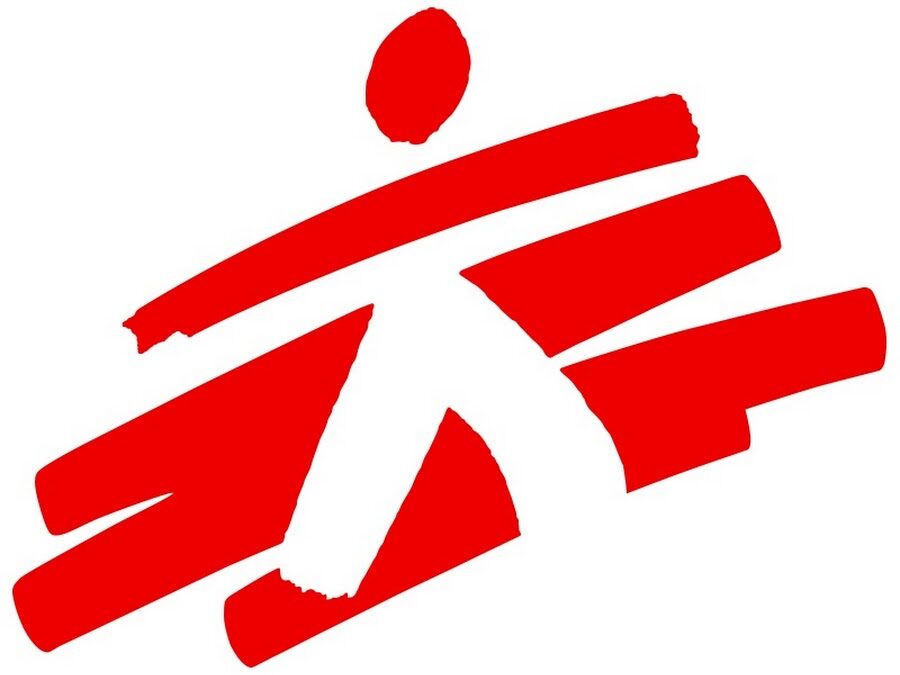Children between birth and 5 years old are vulnerable to dangerous infections. For more than a century, vaccines have prevented millions of deaths by providing some immunity from serious diseases such as measles and polio.
In most of the world, at least 90 percent of children receive the recommended vaccinations. However, in the world’s poorest countries, more than half of children are not immunized. This contributes to high child mortality rates and higher instances of preventable infections.
Why Is Childhood Vaccination Important?
Babies and young children have an underdeveloped immune system. As a result, they are less able to fight off infections and are more likely to develop complications. Common disease symptoms such as diarrhea and high fever can be fatal in young children.
Childhood vaccination is also a key aspect of eliminating infectious diseases. When people are vaccinated at an early age, it reduces opportunities for outbreaks by building herd immunity. Some countries have been able to eliminate diseases such as polio within their borders. However, this can only be maintained if vaccination rates stay relatively high.
Why Is the Number of Unvaccinated Children Growing?
Unfortunately, worldwide childhood vaccination rates have been on the decline. In fact, the number of children who have received no childhood vaccines has risen to the highest levels in nearly 20 years.
There are many reasons for this. The COVID pandemic caused worldwide disruptions that contributed to more than 25 million children missing at least one mandatory vaccine.
During the height of the pandemic, medical aid workers and other charitable organizations were not able to function at full capacity due to travel restrictions and lockdown orders.
Additionally, the pandemic impacted local economies and reduced income for the most vulnerable households. Children in impoverished families are much more likely to have missed a vaccine dose than children from more secure socioeconomic backgrounds.
An increase in vaccine hesitancy also contributed to lower childhood vaccination rates. In a 2023 study surveying individuals in 55 countries, faith in childhood immunization campaigns declined in all but three nations. Researchers attribute this phenomenon to eroding trust in government institutions and the spread of vaccine misinformation online.
Finally, conflicts and civil instability have interrupted vaccine programs across the globe. As of 2023, more than 115 million people have been displaced due to war or conflict. Displaced families often live in areas without adequate preventative health services.
Children born into these situations are not able to adhere to the recommended vaccine schedule. Furthermore, displacement camps commonly lack proper sanitation or safe accommodations. The congregation of individuals in close quarters has caused outbreaks of vaccine-preventable diseases.
Doctors Without Borders Announces a Call to Action
In light of the unprecedented decline in childhood vaccination rates, Doctors Without Borders (DWB) issued a statement in April 2023, during World Immunization Week. In the statement, DWB called on Gavi, the Vaccine Alliance, to increase efforts to vaccinate the world’s children.
For more than two decades, Gavi has funded and coordinated vaccination programs in the world’s poorest nations. However, their operating model does not adequately address the growing need for catch-up vaccinations, which are recommended for children who have missed or haven’t received any childhood vaccines.
In response to vaccine program disruptions, Gavi unveiled a new effort to reach children who have not been immunized in the most conflict-prone regions of Africa. The initiative is still in development, and Gavi has not released any specific information about funding or population priorities.
How the Doctors Without Borders Vaccination Programs Operate
Advocating for vaccine programs targeting high-risk populations is just one part of DWB’s work. The organization launches vaccination campaigns that can be implemented in low-resource settings during active breakouts. In past years, the DWB emergency vaccination program has been implemented in Syria and the Central African Republic.
DWB also works to increase access to newly developed vaccines in economically deprived areas. Lowering vaccine costs makes widespread distribution more viable while reducing the prevalence of even more costly outcomes, such as lifelong disability or early mortality. DWB partners with governments, other international agencies, and public health organizations in this effort.
While childhood vaccination is a primary tool for eliminating infection outbreaks, targeting a wider age group is sometimes a more effective option. DWB has successfully delivered all-ages vaccination campaigns to prevent ongoing vaccine-preventable outbreaks in the Democratic Republic of Congo and Zambia.
DWB also supports advancements in vaccine distribution efforts by introducing more efficient ways to supply, store, and transport vaccines. Many vaccines require specific storage methods, such as freezers, which can present logistical problems in remote and low-resource settings. Additionally, multi-dose vaccines are sometimes impractical, as displaced individuals may constantly be on the move.
DWB promotes innovative methods to increase positive outcomes while reducing logistical complexity. For example, DWB field tested a vaccine against rotavirus that could be kept at room temperature. The promising results suggest that this immunization method could replace the resource-intensive traditional version and reach many more people.

